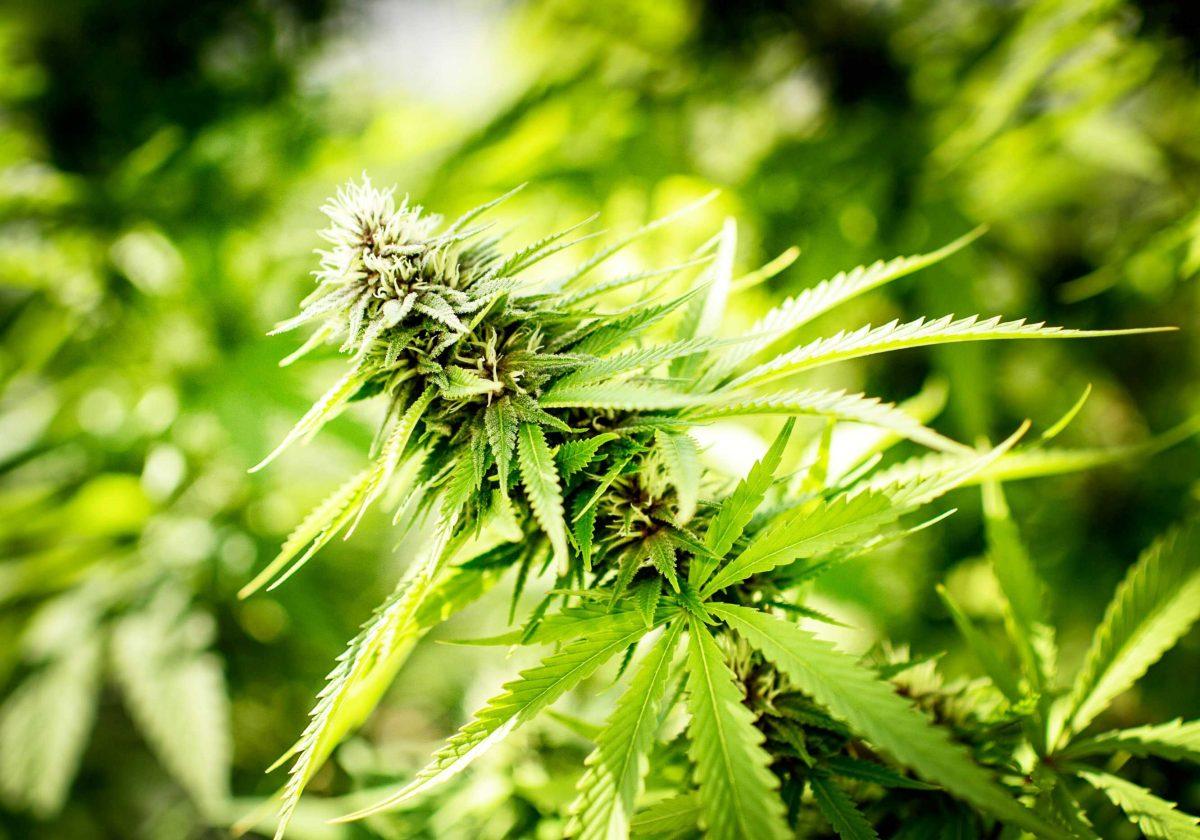The LSU and Southern University Agricultural Centers are first in line to potentially research and grow marijuana plants for medical use in Louisiana according to Act 261, signed into law June 29.
Gov. Bobby Jindal approved the designated schools with the first right to refusal to grow state-sanctioned marijuana. Recreational use of cannabis remains illegal in Louisiana, and if the schools accept the invitation to grow the plant they will likely be strictly regulated.
The University did not actively seek involvement in the bill, said LSU AgCenter Director of Communications and Public Relations Frankie Gould.
“It was written into legislation the day we found out about it,” she said.
The AgCenter cannot speculate about its potential involvement in the production of marijuana because it is waiting on state agencies to return regulations for the agreement.
Because LSU and Southern are both listed in the bill, they could decide to work together or respond independently if they accept the regulations and direction of state agencies. If the Universities choose to refuse a contract with the state, negotiations will open to private bidders. It is unclear whether the production could be used as a profit center for the Universities or if the finances would be state-controlled.
Potential production is still far in the future as state agencies research the implications and requirements of the project. Under the new law, the Board of Pharmacy will work with law enforcement and the Louisiana District Attorneys to define the reach and direction of the potential production. Gould said LSU will not be able to make any decisions about the production until these state agencies report their positions, which can take up to six months after the signing of the legislation.
At that time, the AgCenter will have to work with LSU President F. King Alexander and the LSU Board of Supervisors to consider their position on the production. The AgCenter hasn’t been able to access its capacity for the added research, and has limited land and resources.
Regulations for cannabis production are expected to be stiff, and the legislation includes requirements for levels of active ingredients in the plants. Growers would have to produce plants with the lowest possible level of tetrahydrocannabinol, or THC, the chemical that produces a euphoric effect sought by recreational users, but will extract oils that have been used to treat conditions like Glaucoma and side effects of cancer chemotherapy, according to the language of the law. Accessing the medication will require a prescription.
There has never been a program like this in Louisiana, Gould said. In some states, schools including the University of Mississippi grow marijuana for research purposes but not consumption, and some states including Colorado have legalized the production of marijuana for recreational use.
AgCenter part of initial bid to produce marijuana for medical purposes
July 20, 2015
In this May 5, 2015, file photo, a marijuana plant grows at a Minnesota Medical Solutions greenhouse in Otsego, Minn. A southeastern Illinois company says it has started growing medical marijuana and may be the first in the state to do so. Officials at Ataraxia in the Edwards County city of Albion, Ill., said Monday, July 13, 2015 that they received state authorization July 10, and have started cultivating the genetic strains that will be the basis of their products. (Glen Stubbe/Star Tribune via AP)








